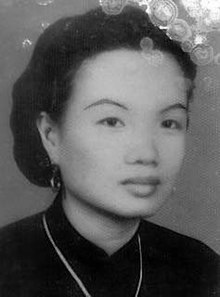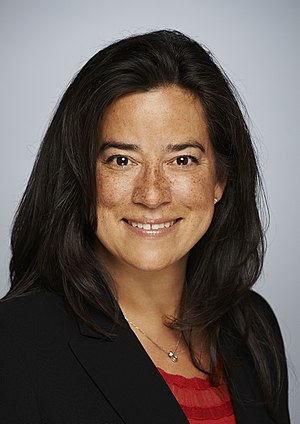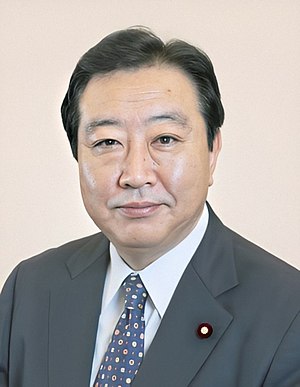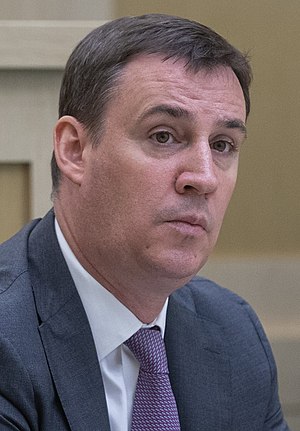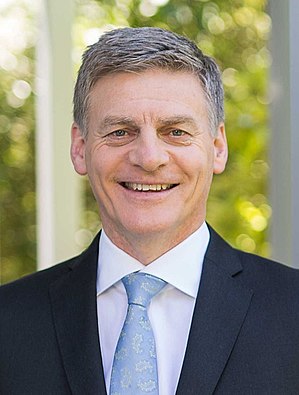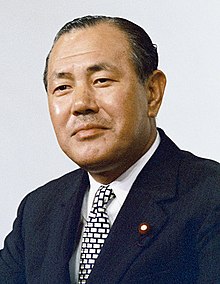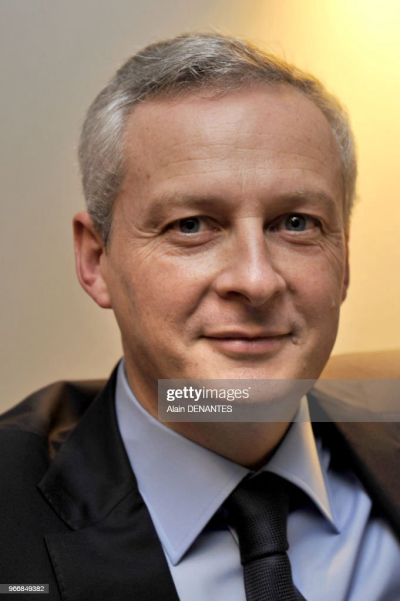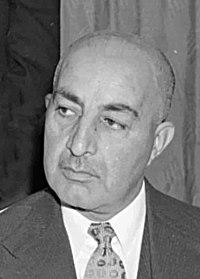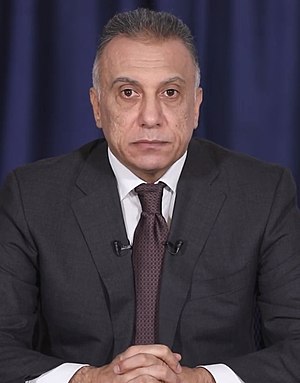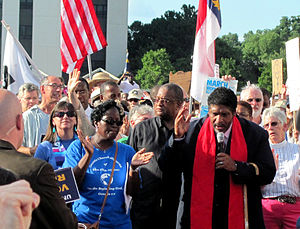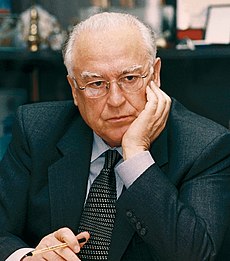Manmohan Singh
Birthday September 26, 1932
Birth Sign Libra
Birthplace Gah, Punjab, British India (now Punjab, Pakistan)
Age 91 years old
Nationality Pakistan
#490 Most Popular
About
Manmohan Singh, born on September 26, 1932, in Gah, Punjab (now in Pakistan), is an esteemed Indian economist and politician who served as the 13th Prime Minister of India from 2004 to 2014. A member of the Indian National Congress party, he was the first Sikh to hold the office of Prime Minister in India. Singh is often credited with initiating economic reforms in India that transformed the country into one of the world's fastest-growing economies.
Before Fame
Before ascending to the highest political office, Manmohan Singh had an illustrious career as an economist. He received his early education at Hindu College, Amritsar, and Government College, Hoshiarpur. Singh earned his bachelor's and master's degrees in economics from Panjab University, Chandigarh. He then went on to obtain a degree in economics from the University of Cambridge as a member of St John’s College in 1957, and later completed his DPhil in Economics from the University of Oxford, where he was a member of Nuffield College.
Singh's scholarly contributions are noteworthy, including teaching at Panjab University and the Delhi School of Economics, and serving as a member of various key economic policy-making institutions in India. His professional career took a significant turn when he was appointed as the Chief Economic Adviser in the Ministry of Finance, the Governor of the Reserve Bank of India, and later, the Deputy Chairman of the Planning Commission of India. His major breakthrough came in 1991 when he was appointed as the Finance Minister by then Prime Minister P. V. Narasimha Rao, where he played a pivotal role in the liberalization of the Indian economy.
Trivia
- He is one of the few economists to have held the position of Prime Minister in India.
- During his tenure as Prime Minister, Singh led two consecutive United Progressive Alliance (UPA) governments (2004-2009 and 2009-2014).
- Known for his intellectual demeanor, Singh often maintained a low-key and calm approach to governance, contrasting sharply with many of his contemporaries.
- He was instrumental in ushering in economic reforms in 1991, including measures like reducing import tariffs, ending subsidies, and deregulating markets.
- Behind many of his economic policies lies Singh's vision to integrate India more closely with the global economy while focusing on inclusive growth to uplift the underprivileged sections of Indian society.
Family Life
Manmohan Singh is married to Gursharan Kaur since 1958, and together they have three daughters - Amrit Singh, Daman Singh, and Upinder Singh. His family has generally remained out of the political spotlight, though his daughter Upinder Singh is a noted historian and an academic, further highlighting the family's dedication to education and public service.
Associated With
During his political career, Manmohan Singh worked closely with several notable Indian leaders. Most prominently, he served under the leadership of Prime Minister P. V. Narasimha Rao as Finance Minister, where he laid the groundwork for India’s economic reforms. Later, as Prime Minister, he collaborated extensively with Congress Party president Sonia Gandhi and her son Rahul Gandhi, maintaining a partnership that helped shape the UPA government's policies. Internationally, Singh had close diplomatic engagements with leaders such as US President George W. Bush, with whom he signed the India-US Civil Nuclear Agreement in 2008, marking a significant milestone in Indo-American relations.
In summary, Manmohan Singh's life and career are a testament to his profound influence on India’s economic landscape and his dedication to public service, making him a significant figure in contemporary Indian history.



